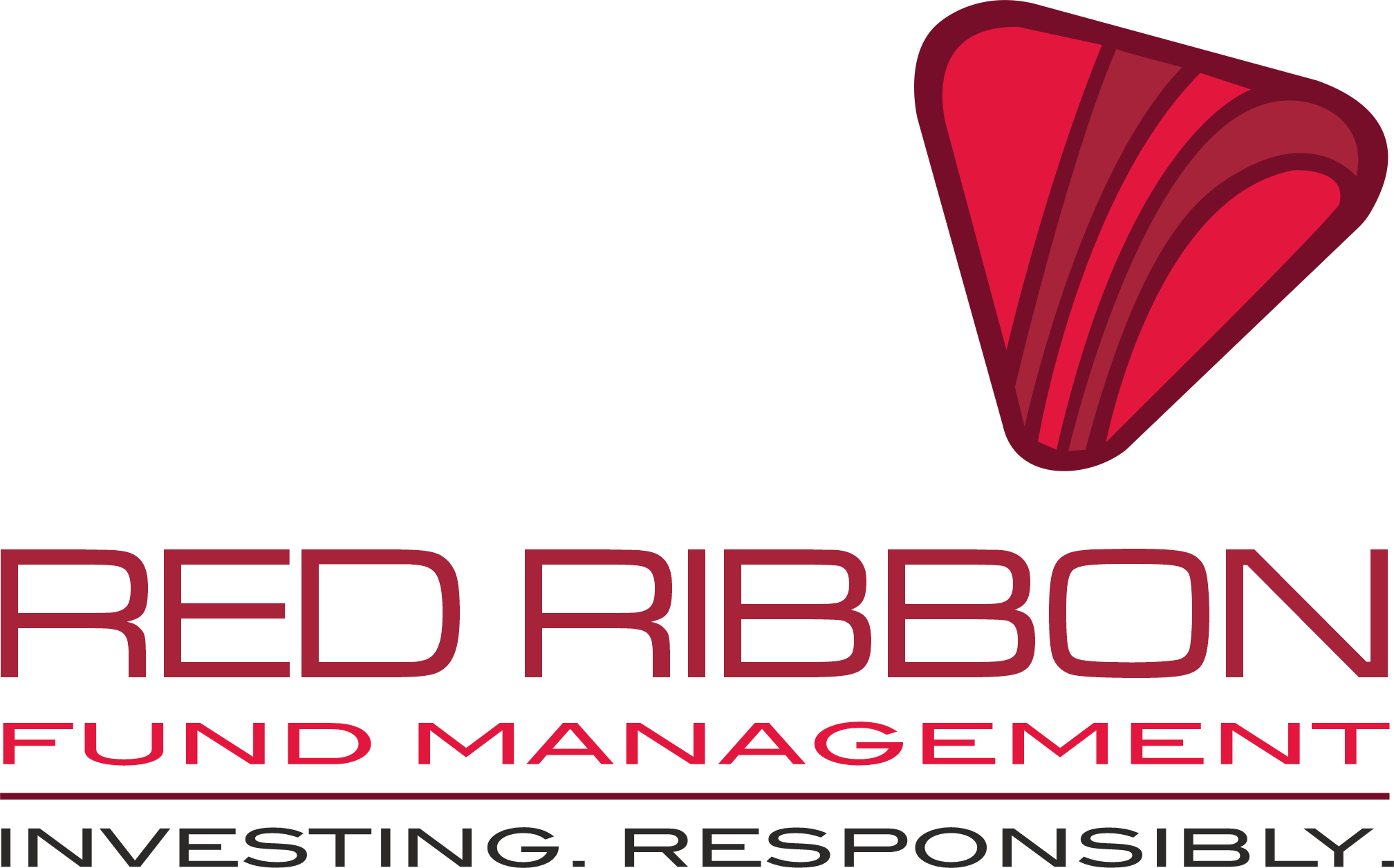No Time for Resting on Laurels…UK Hospitality has to evolve with changing markets
UK Hotels and Hospitality were pretty much among the sectors worst affected by COVID lockdown restrictions: two long years of no or minimal economic activity, and now, just as those strictures have eased, domestic and international travellers face resurgent interest rates and a steep rise in inflationary pressures. But, beneath the headlines, the underlying metrics aren’t as gruesome as they seem. Negative variables are being more than matched by favourable, medium term trends: for example, so-called revenge tourism (where tourists make up for lost travel time caused by the pandemic) has spiked way faster than adverse economic factors: 37.5 million people are expected to visit the UK this year…spending a more than healthy £30.9 Billion (109% of pre-pandemic levels: www.visitbritain.org). And then, of course, we have the novel phenomenon of “Bleisure”, where business travellers increasingly extend their stays to add on some leisure time too…
In short, despite (hopefully short term) economic headwinds, the UK Hotel and Hospitality Sector still retains a solid and substantial market position (fifth biggest in the world), with huge potential for growth: each of those superficially gloomy negatives has a brighter upside. The sector currently contributes 4.11 million jobs to the UK economy and a little under 10% of its total GDP (set to grow to £257 Billion within the next two years: www.travelperk.com). Travel and Hospitality remains one of the UK’s fastest growing business areas, within its single biggest segment (service provision).
The Lifeblood of Hospitality
This, though, is no time to be resting on laurels…UK Hospitality still needs to calibrate itself more closely (more closely than ever in fact) to the evolving needs of that vast tide of travellers, which means it also needs to evolve constantly itself…in particular, to meet the complex demands of a travelling public that consistently places Green and ESG criteria at the top of its list when deciding where to stay (www.gstcouncil.org/). 81% of respondents to the 2022 Sustainable Travel Report said ESG compliance was their number one determinant in choice of hotel; 50% that climate change concerns would influence their choice, with 57% actively looking for a sustainability certification when they arrive at their destination.
And the travelling public is, of course, the lifeblood of hotels and hospitality, so its preferences can’t be ignored: especially in these testing times. But what does it all mean in practice?
A Sustainable Business Model
Well, for a start, it means that those UK Hotels demonstrating a serious, properly evidenced, commitment to net zero emissions will inevitably become more popular (and more successful): transparently tracking their progress towards key objectives, as well as capturing and monitoring indirect emissions created by their suppliers and third parties.
Water, energy, and waste management are important too, as are community based values: including the diversity of the workforce and a willingness to give back something to the society from which the hotel draws its strength: meaning, specifically, the constant flow of workers who staff the front desk, look after guests on a daily basis, and ensure the whole operation goes smoothly (as well as so much more): they all need to be looked after too, and guests will notice if they’re not.
It adds up to a more sustainable, more robust business model…and any hotel that escapes the shackles of short term thinking, realigning itself to the demands of fast evolving markets, will be much more likely to survive in the long term.
That has to be good for guests and operators alike, whatever the current challenges might be.
Red Ribbon Phoenix Green Hotel Fund (www.redribbon.gi/phoenix-green-hotel)
The Red Ribbon Phoenix Green Hotel Fund operates at the cutting edge of fast-moving hospitality markets: playing an integral role in the facilitation, development and refurbishment of ESG-compliant hotels that each have sustainability at heart, as well as overseeing the complex dynamics of every project to maximise operational efficiencies. The Fund has also long been committed to adopting emerging technologies capable of optimising the allocation of energy and water resources.

.jpg)
%20(1)-Aug-17-2023-12-26-55-9269-PM.jpg?width=150&height=150&name=view-city-with-apartment-buildings-green-vegetation%20(7)%20(1)-Aug-17-2023-12-26-55-9269-PM.jpg)
.jpg?width=150&height=150&name=32711%20(1).jpg)